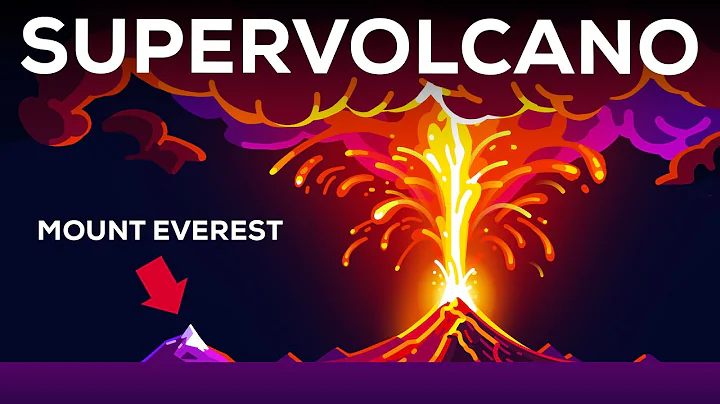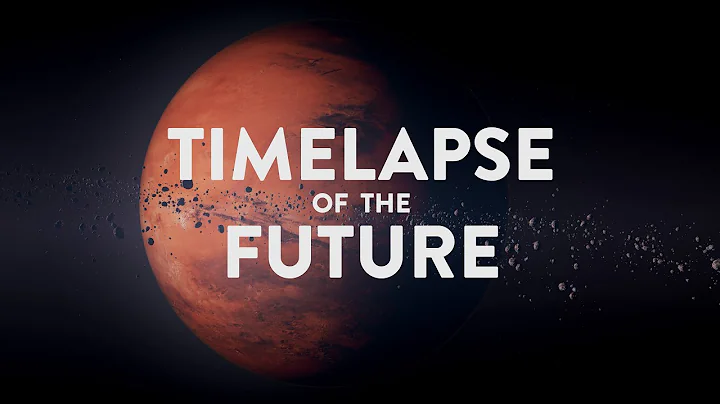"...if 1,000 nuclear bombs were detonated, the atmosphere covering the earth would turn black, triggering a mini ice age all year round."
Paul Crutzen, a chemist in the Federal Republic of Germany , wrote in an article titled " The " nuclear winter " theory proposed in "The Atmosphere after Nuclear War: Dark Noon" has been widely praised by people and is still often mentioned today.
However, with the development of the times, the theoretical basis of nuclear winter is no longer so solid, and many scientists even believe that it is exaggerated and contains alarmist elements.

However, since there has been no nuclear war in the world, scientists have not had the opportunity to verify it. However, we can "see the big from the small" and look at the bombed Hiroshima and Nagasaki in Japan to see whether nuclear bombs have this ability.
If all the nuclear bombs explode together, can they destroy the earth?
In 1945, the U.S. military launched two atomic bombs on Hiroshima, Japan. About 60% of the buildings in Nagasaki City were destroyed, causing 86,000 casualties, accounting for about 37% of the city's total population.

Two atomic bombs are enough to destroy half a city, and the destructive power is still very large. If all the nuclear bombs in the world explode at the same time, whether the earth will be destroyed can be estimated based on the total area of the earth and how many nuclear bombs there are in the world today.
Let’s make a simple estimate. The total area of the world (i.e. the surface area of the earth) is 510.072 million square kilometers, of which about 29.2% (148.94 million square kilometers) is land, and the remaining 70.8% (361.132 million square kilometers) is water;
Nuclear bomb United States The most, followed by Russia, then China, the whole world is about 15,000.
The maximum area of destruction of most nuclear bombs is 100 square kilometers, and basically nothing outside the range. So, 15,000 nuclear bombs can destroy about 1.5 million square kilometers of land. This area feels not small, but it is not the same as the earth. The total area is minuscule or even negligible.

According to our simple inference, the explosion of nuclear bombs all over the world is like pouring a small bottle of ink into the Pacific Ocean. It is impossible to cause harm to the entire Pacific Ocean. Therefore, the explosion of nuclear bombs all over the world will destroy the earth is simply alarmist.
Of course, the destruction of the earth and the destruction of mankind cannot be confused. Although the earth cannot be destroyed, if the scale of nuclear war is very large, the destruction of mankind is still possible. Hawking once expressed similar concerns: When science develops to a certain extent, human beings may in turn be threatened.
Taking a step back, even if humankind is not destroyed, the solidarity relationship we have established over the past decades will be broken at once, and we will definitely not be able to return to the previous state of peaceful development.

Is nuclear winter possible?
So, although the destruction of the earth has been denied, we all know that nuclear bomb explosions will inevitably cause pollution. This pollution not only stays in the physical and chemical aspects, but also rises to an important condition required for human survival-climate, which is " Origin of the Nuclear Winter hypothesis.
"Nuclear winter" cannot be directly understood as the arrival of the winter of nuclear bombs. It is actually "the explosion of nuclear bombs has brought winter to mankind." refers specifically to the large amount of smoke that will be produced after the outbreak of a nuclear war. These small molecular substances will block the heat from the sun, thus making the ground appear cold and freezing, just like a real winter.
In fact, it is easy to think of greenhouse effect . The greenhouse effect is the "summer of mankind". We all know the reason for , which is excessive emission of carbon dioxide . What is the cause of nuclear winter? Is its principle really opposite to the greenhouse effect? Let’s look at the scientific explanation.

A nuclear bomb will produce huge energy after a "bang" explosion. The louder the sound, the greater the energy. Originally, the energy of all things in the world should be useful, but this energy is a scourge. Like a tornado, it destroys the smoke and dust generated by the explosion. The particles are injected into the atmosphere, where they can remain aloft for days to a year.

These little guys don't do any good things in the atmosphere. They seem to prefer the sun's visible radiation and absorb it all, but they treat the infrared radiation outward from the ground indifferently. They absorb the heat of the sun in the atmosphere, but do not absorb the infrared light radiated outward by the ground, so the heat accumulates in the atmosphere, and the temperature that the earth's surface deserves is occupied by them in the air, thus causing the upper atmosphere to heat up and the surface temperature to rise. Decline, this is "nuclear winter".

The destruction of the earth is absolutely impossible, so will there be a "nuclear winter" when nuclear bombs explode all over the world? To know whether this chilling nuclear winter will occur, we still have to see how many nuclear bombs are needed to do it.
In the formation mechanism of nuclear winter, scientists once said, "If nuclear weapons with an equivalent of more than 5 billion tons are used in a nuclear war, not only will more than 2 billion people become direct victims, but also the world's climate will be affected." Major changes occur, with the ground temperature dropping to below 10°C on average and lasting for more than a few weeks. Finally, a considerable part of life on the earth, including humans, will disappear in a nuclear war.

In other words, "nuclear winter" The emergence of nuclear weapons requires at least 5 billion tons of nuclear weapons to be used at the same time. However, currently, there are far fewer nuclear bombs and nuclear weapons in the world, and this is also sensational. Which sane big country would maliciously use nuclear weapons, causing the destruction of all life in the world and causing harm to others and themselves? They are all bad, so "nuclear winter" is just a hypothesis and is impossible to occur.

There was once a saying that "after a war, not a single blade of grass will grow within ten years." Although the aftermath of a nuclear war was not as serious as a "nuclear winter" coming, the impact will certainly be considerable.
If nuclear winter really appears one day, what will the world look like?
The sky is clear and clear, and suddenly it is as dark as a heavy rain. There is no dawn in the morning, and it is still dark at noon. The darkness will last for at least a week. , people's normal life will be broken; the temperature will also drop day after day, with the tropics slightly better, and the worst impact will be in areas with higher latitudes...

The first person to bear the brunt must be human beings. First of all, there will be a big disaster after the war. Disasters are natural disasters and man-made disasters. Disasters are caused by humans, but this disaster is a natural disaster. After the war, the cold and freezing weather coupled with nuclear radiation blocked transportation and the flow of people, and nothing could be done. Like the epidemic at the end of In severe cases, supplies are very scarce, and this kind of disease is eliminated from the source, so humans are likely to starve to death directly, or die from radiation.

This sudden darkness not only affects us humans, but also affects the plant world. Plants must be normal Sunlight, water and oxygen are essential for growth. Without the light of life, photosynthesis is hindered. Coupled with the high dose of radiation from radioactive dust, plants on the earth will not be safe and sound. , most of them withered and died.

Scientists also believe that the nitrogen oxides produced by the explosion will destroy the ozone layer. We all know its important role in the ozone layer. It is a natural protective barrier that blocks the ultraviolet rays emitted by the sun for us. . Ultraviolet rays are harmful to us but not beneficial. Excessive exposure time may cause skin cancer , and it is also very harmful to aquatic plants. The amount of nitrogen oxides produced by nuclear bomb explosions is huge, and the impact on the ozone layer is also increasing. Every step humans take may endanger themselves, so it is best to never have a nuclear war.

Nuclear winter, more importantly than whether it exists or not, is that no one dares to try it, and no one is willing to try it. Who is willing to make a joke with his own life? Once a nuclear war starts, mankind will It's "winter" in another sense. Although many countries now have the ability to manufacture nuclear weapons, we hope that these things will never be used and mankind will always be "spring."





















